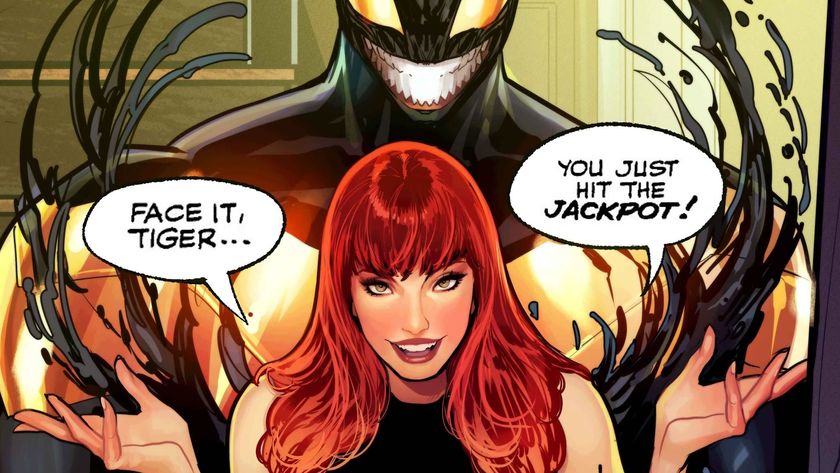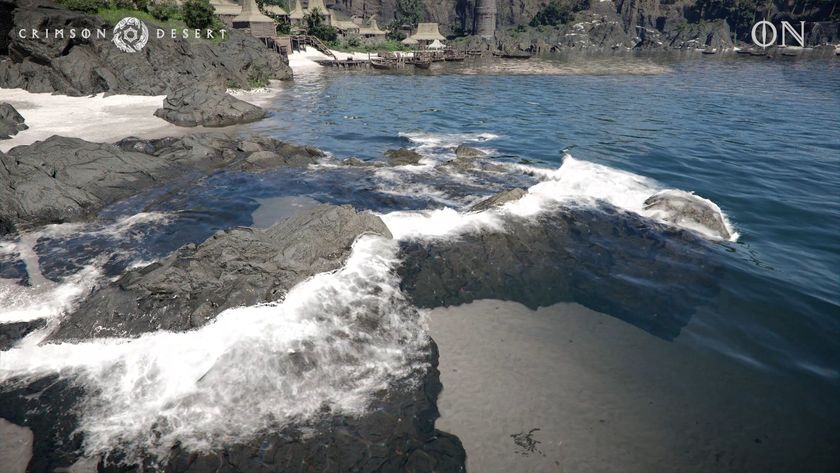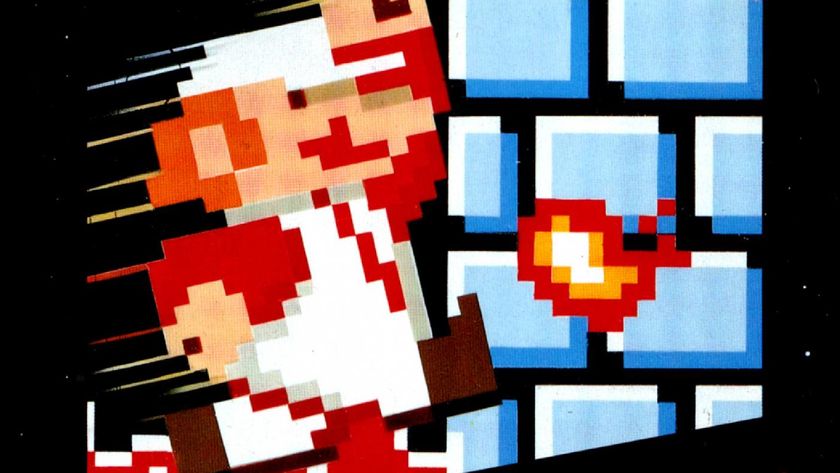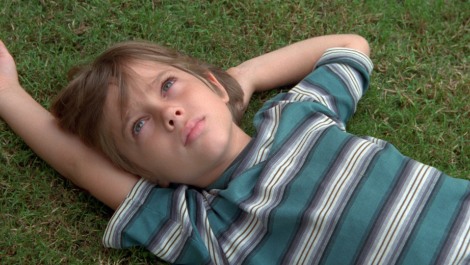Why you can trust 12DOVE
American auteur Richard Linklater is on a noble, if impossible, mission: to distil the vagaries of human existence into cinema. Thus Bernie (2011) retold a tricksy true-crime story mixing non-actors with Hollywood stars, and its real-life subject (played by Jack Black onscreen) came to live in the director’s apartment as part of his bail conditions. Waking Life (2001), meanwhile, tried to capture the peculiar flux and fragility of dreams. And the Before Sunrise trilogy (1995-2013) detailed two kindred spirits’ attempts to boff each other over the course of two entire decades .
Even in such meta company, Boyhood takes the (birthday) cake. Filmed once a year for 12 years with a recurring cast, it follows young Mason (Ellar Coltrane) from childhood to adulthood, and represents a genuine coming-of-age drama. Though the project is colossal, the focus is small: there are no car crashes, no world-shaking revelations, just snapshots of the formative moments that add up to a life. Linklater regular Ethan Hawke, who plays Mason Sr, calls it “time-lapse photography of a human being”, and that’s exactly what it feels like.
We first meet Mason as a five-year-old child with an annoying older sister, Samantha (Lorelei Linklater, the director’s daughter), a harassed single mum (Patricia Arquette), and an unreliable dad (Hawke). Over the course of the next 166 minutes we watch him move house (several times), change schools, have his haircut, get – and lose – new, varyingly inappropriate stepfathers, discover girls and beer, fall in love, get dumped, go off to college, and generally find his way in the world.
But just as our own memories can be the most unreliable of narrators, forgetting the facts but clinging on to abstract sensations and emotions, Boyhood can’t be boiled down to a simple synopsis. Though the events depicted onscreen are strictly fictional, there’s no getting away from the fact that we’re watching a real person growing, changing and assimilating; the little triumphs and disappointments that make us who we are.
It’s not just Coltrane who shape-shifts before our eyes. Even the secondary characters age, flitting in and out of the story, getting thinner, fatter, older like child actors in a long-running sitcom. Watch closely – and there’s almost no other way to look – and you’ll see throughlines begin to form. Young Mason’s predilection for graffiti is echoed throughout his life: in his painting over the height lines in his soon-to-be-vacated childhood home, in the emo nail varnish he experiments with at school, in the “street art” he exhibits in his room to impress girls, in the photography that becomes his final vocation.
Meanwhile, his mum turns from night-school student to teacher (lecturing on evolutionary theory – what else?), but can’t learn to resist a series of terrible husbands. “I was someone’s daughter then I was someone’s fucking mum,” she complains. Dad seems stuck in a cycle of perpetual immaturity, but even he grows up eventually – although not quite at the dizzying rate of his children.
As the years pass, technology improves, with Gameboys giving way to Facebook and smartphones. Pop culture repeats itself – Star Wars sequels come and go; Arquette reads the kids the first Harry Potter book, then later we see them queuing for advance copies of The Half-Blood Prince ; the chart music targeted at Samantha remains oversexed and uniformly terrible.
Gradually Mason’s childish questions (“Where do wasps come from?”) mature into a young man’s philosophical musings (“So what’s the point of it?”) and throwaway lines start to seem like lessons. “Follow your heart,” says his schoolteacher as he prepares to leave for college. “Good luck. Don’t forget to floss.” But how could they not? We’re watching a real life unfold. Well, almost.
You could accuse some secondary characters (such as Mason’s many stepfathers) of edging towards caricature, but isn’t that how we often see the bit players in our own lives? It’s also relatively harder to care about Mason during his moody teenage years, but the same could be said for most of us (OK, maybe Screen is speaking for itself). Coltrane and Linklater Jr. may not be the most expressive of performers; but the point is, they don’t need to be: their lack of guile in front of the camera makes their ‘performances’ seem less studied. Often they aren’t acting so much as being.
You’ll know from the nearly-three-hour run time whether this is for you, but there’s no denying it’s a work of unprecedented scope and sensitivity, and to watch it is to be totally overwhelmed. Sometimes you feel, in a good way, like it’ll never end – in a sense it won’t. It’s enticing to imagine Mason turning into the twentysomething Ethan Hawke of 1995’s Before Sunrise , and the whole beautiful thing going round again.
Matt Glasby is a freelance film and TV journalist. You can find his work on Total Film - in print and online - as well as at publications like the Radio Times, Channel 4, DVD REview, Flicks, GQ, Hotdog, Little White Lies, and SFX, among others. He is also the author of several novels, including The Book of Horror: The Anatomy of Fear in Film and Britpop Cinema: From Trainspotting To This Is England.

Spider-Man's ex Mary Jane Watson is officially Venom, but she and the symbiote are "not together by choice"

At a ridiculously detailed showcase of the open-world engine behind the RPG Crimson Desert, I asked a ridiculously detailed question about water and all hell broke loose

Super Mario Bros 2 player crashes the game, casually posts the clip online, and accidentally makes "the biggest 2D Mario speedrun discovery in years"












